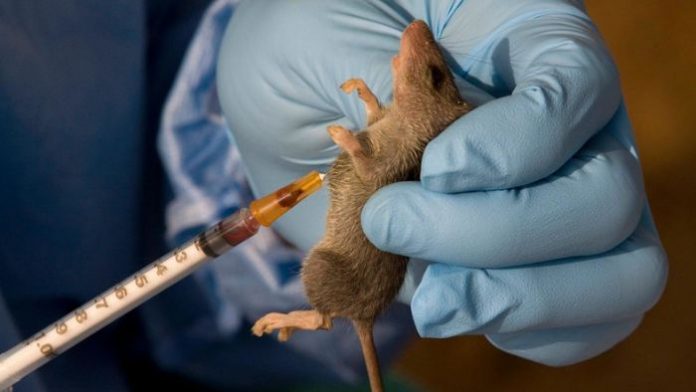Eight new Lassa fever cases were recorded in four states across Nigeria between April 20 and April 26, 2020.
Lassa fever is an acute viral haemorrhagic illness caused by rodents and is endemic in West African countries.
Five new cases were recorded in Ondo and one each recorded in Edo, Gombe and Kogi, according to the latest situation report published by the Nigeria Centre for Disease Control (NCDC) on Friday, May 1.
No new deaths were recorded in the week under review, making it the third successive week with zero fatalities recorded since the outbreak in January that has killed a total of 188 people.
987 cases have now been recorded in 27 Nigerian states, with at least one confirmed case across 128 local government areas across the country.
The report comes just days after the NCDC announced that the emergency phase of the 2020 Lassa fever outbreak is over.
The agency announced in a statement on Tuesday, April 28 that the case count has dropped below levels considered to be a national emergency.
The Director-General of the NCDC, Chikwe Ihekweazu, said he expects Nigeria to continue to record Lassa fever cases even though the country is about to pass its usual January to April peak period.
“The NCDC remains committed to ensuring a continuous decline in the number of people who die from Lassa fever, by early detection and appropriate treatment,” he said.
The NCDC boss had earlier in April described the outbreak as the largest Lassa fever outbreak ever reported in any country, ‘anywhere in the world’.
Edo has recorded the highest number of cases with 321, followed by Ondo (318), Ebonyi (73), and Taraba (56).
Ondo has recorded the highest number of deaths with 44, followed by Edo with 39, Taraba with 21, and Ebonyi with 16.
Other states affected are Abia, Adamawa, Anambra, Bauchi, Benue, Borno, Delta, Enugu, FCT, Gombe, Kaduna, Kano, Katsina, Kebbi, Kogi, Lagos, Nasarawa, Ogun, Osun, Oyo, Plateau, Rivers, and Sokoto.
Lagos, Ogun, Osun, and Oyo have recorded confirmed cases, but zero deaths during the course of the year.
Lassa fever infection can happen through contact with excreta or urine of rodents; contact with a probable or confirmed Lassa fever case within a period of 21 days of onset of symptoms; or any person with inexplicable bleeding/hemorrhagia.
Symptoms of Lassa fever include malaise, fever, headache, sore throat, cough, nausea, vomiting, diarrhoea, myalgia, chest pain, and hearing loss.
The NCDC said in its Tuesday announcement that a large epidemiological study being implemented in Nigeria and other West African countries is expected to contribute to Lassa fever vaccine development.
Source: TheBBCghana.Com


















